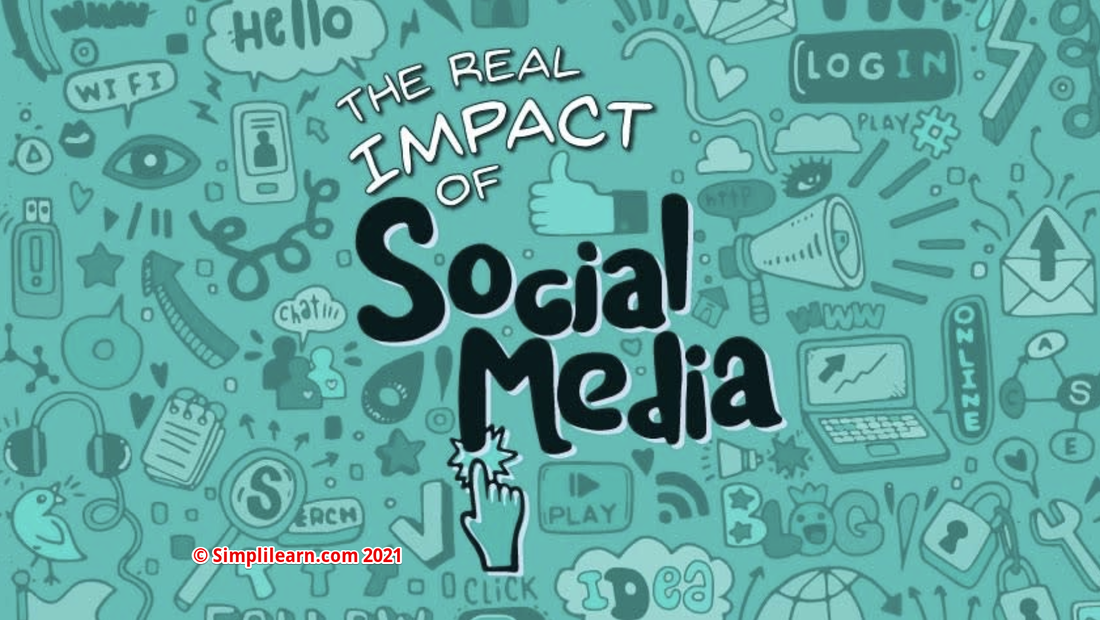Illustrated by some excellent graphics it looks at the impact of social media on the following topics:
- Why people share information.
- Politics.
- Society
- Commerce.
- The world of work.
- Training and development.
- The challenges of cyberbullying and lack of privacy.
- Relationships.
You can read the full article here. The site is based on paid-for courses which you may or may not wish to look at also.







